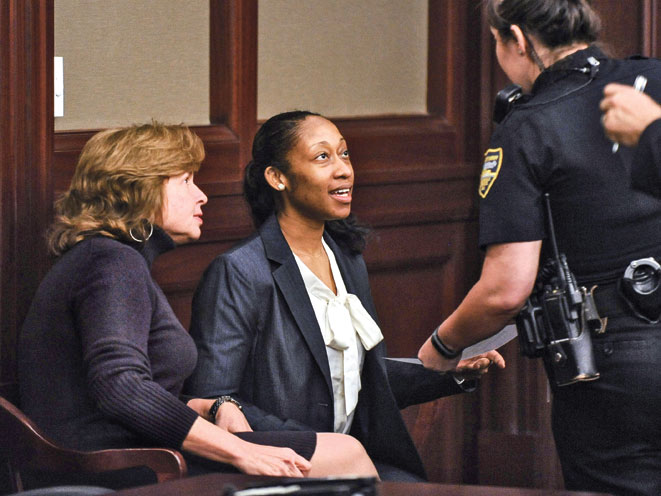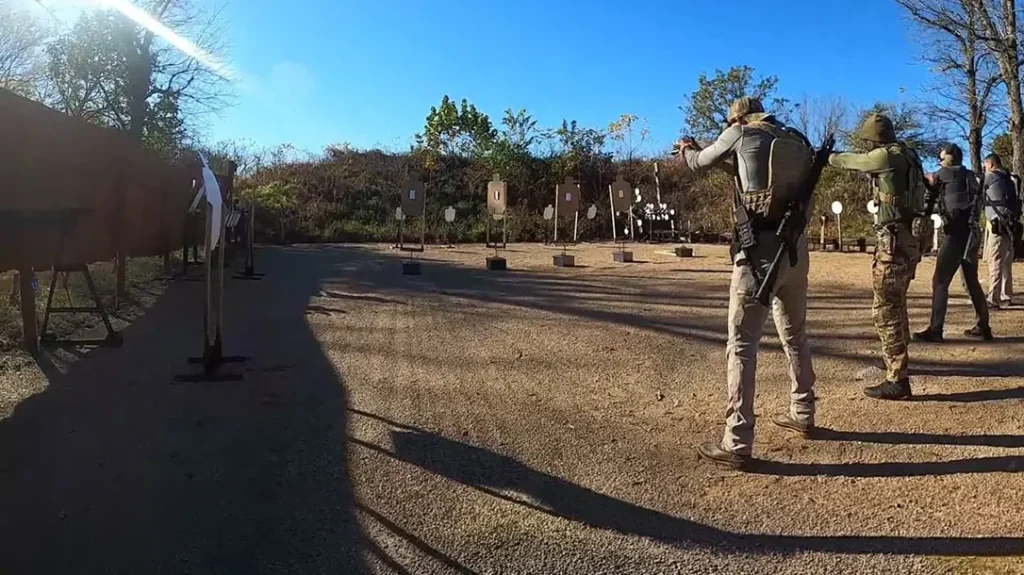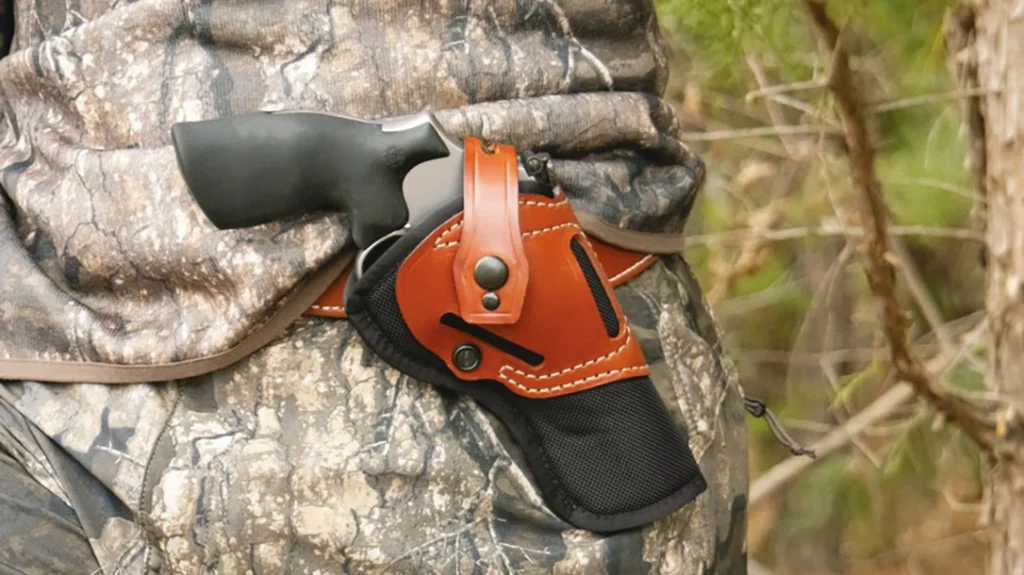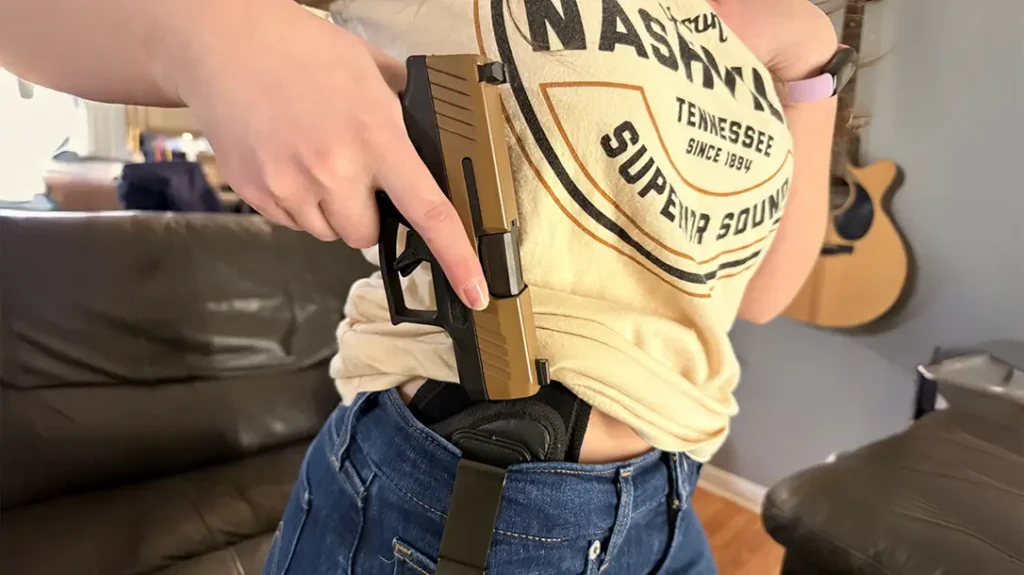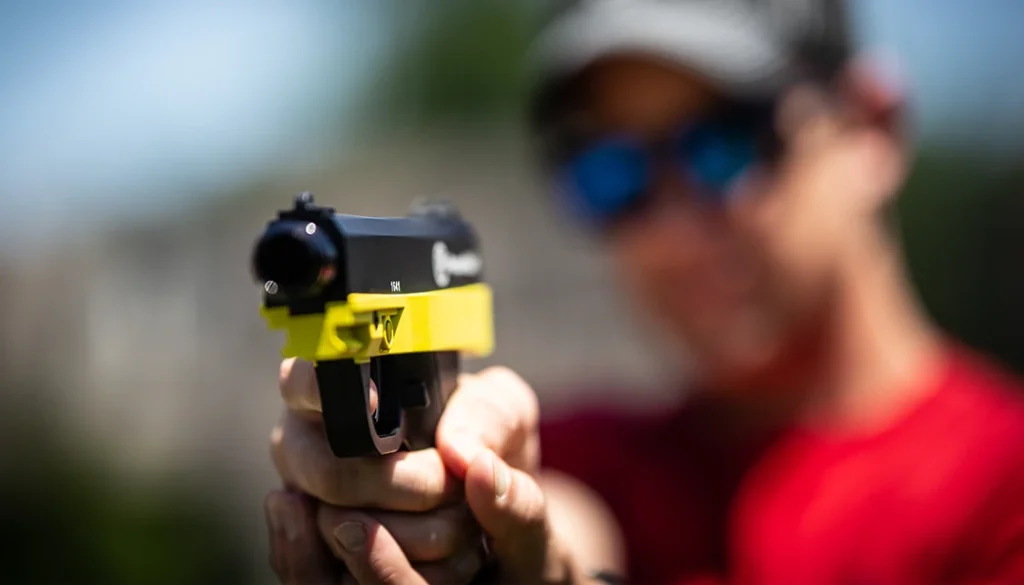There’s a saying among attorneys: “In the halls of justice, most of the justice is in the halls.” Of course, they’re talking about plea bargaining in criminal cases and settlements in civil court.
We all like to think that if we were wrongfully accused, we’d fight to our last penny to clear our name. That perspective changes a bit when we realize we’re talking about the last penny to pay the mortgage, to send the kid to school, to feed the family, in a world where a lot of lawyers charge $300 per hour and up, and some, $500 per hour. There are very few jurisdictions where you get your legal fees back if you’re criminally charged and found not guilty. In a lawsuit, you can certainly try to countersue, but given the nature of most criminal aggressors who force you to shoot them in self-defense, you aren’t likely to collect much, if anything.
When you’re charged with murder and looking at life imprisonment if things go wrong, or as much as 20 years or more if you’re found guilty of manslaughter and given a top-end sentence, a plea that allows you to walk away right now sounds awfully good. That’s exactly what we got recently in one of those instances, Case One. The prosecutor read the reports of the experts for the defense, correlated them with their own evidence and realized they weren’t likely to get a conviction. We knew that, of course, but the costs of trial are very steep and the chance of getting an unreceptive jury is always there.
Advertisement — Continue Reading Below
Sometimes we can do better and just kill the case in its nest. In another of those recent matters, Case Two, the defense was going to prove that the victim/complainant in an aggravated assault case had been the first to act out a deadly assault, and our client was absolutely justified in pulling a 9mm on him. The victim/complainant apparently knew we’d prove that, too: He chose to disappear. Without a complainant, the prosecution knew it had no case and dropped charges entirely.
Cost of Victory
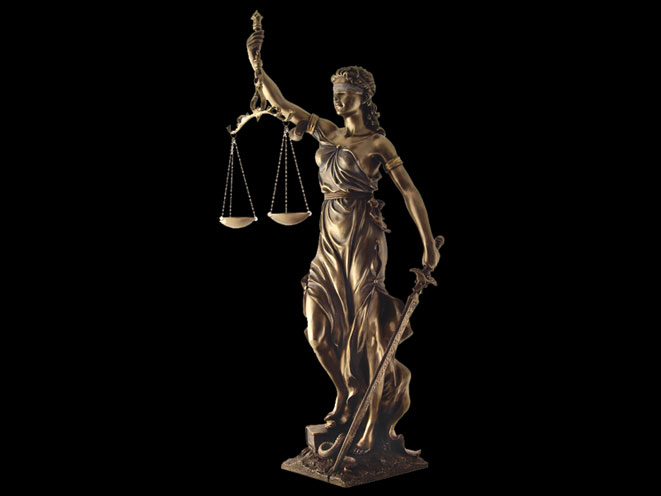
Advertisement — Continue Reading Below
In Case Three, a lifelong thug full of booze and drugs had pulled a gun on the cops, who then drew their own service pistols and shot him dead. A cross-racial shooting, it had become a cause célèbre among the local media. It was a federal case, and we had proven pre-trial with all the eyewitnesses and expert witnesses deposed by rival lawyers that the plaintiff’s theory of the case was bogus.
The plaintiff’s eyewitnesses’ credibility was going to be destroyed, and their expert witnesses had been forced to admit under oath that the hard, scientific evidence totally favored the cops’ account of what happened, and did not sustain the plaintiff’s complaint. The judge had already thrown out the Monell complaint, alleging a continuing pattern of bad behavior by the department had resulted in violation of rights, and that closed a lot of the deep pockets the plaintiffs had hoped to pick. The plaintiffs decided to settle for far less than what they were asking for, so they could walk away from the court with at least something.
RELATED STORY: Beating the ‘Rambo’ Rap – How to Explain a Self-Defense Shooting in Court
Advertisement — Continue Reading Below
Why did the defense settle? For one thing, they knew that the likely verdict in favor of the defense if it went to trial could spark another Ferguson– or Baltimore-type conflagration, and they had the safety of their city to think of. They also knew that the cost of winning a long, involved trial would be remarkably similar to the payout of the settlement, and would eliminate the fear of a jury giving a huge plaintiff’s verdict in hopes of not triggering a massive riot in the community where they lived.
The balance of risk and benefit is something every cop, and every armed citizen, already practices in other areas. What caliber gun? Medium power with lots of cartridges or something more powerful but with fewer rounds? Many citizens—and even many police, if they’re not required to carry off-duty—choose to not be armed at all. It’s their choice, though I feel sad for the ones who are killed or crippled because they were helpless when the moment came that they needed a gun but had none.
RELATED STORY: Four Cases That Show How An Eyewitness Can Be Unreliable
Advertisement — Continue Reading Below
It’s the same way with the topic under discussion. In Case Four, a county sheriff’s sergeant killed a vicious criminal who, moments before, had murdered the sergeant’s partner. A federal prosecution was mounted, and even though it was a clear-cut justified shooting in the opinion of many knowledgeable people, including myself, the sergeant chose to plead guilty to the charge of manslaughter.
The assistant U.S. attorney prosecuting the case had made it clear to him that he would railroad him until every penny he had saved for his family had been spent on lawyers. I didn’t come into it until the sentencing, and after testimony the judge sentenced him to probation for manslaughter, something normally unheard of. State law required a mandatory year behind bars for any felony committed with a firearm, and since he had pled, the judge had to apply that. During sentencing, the judge made stern comments about poorly-thought-out laws that tied a judge’s hands and prevented the crafting of a proper sentence, which he clearly implied would have been no time served at all. The sergeant served the time and has been free ever since. He does not regret his decision.
Finding Closure
Advertisement — Continue Reading Below
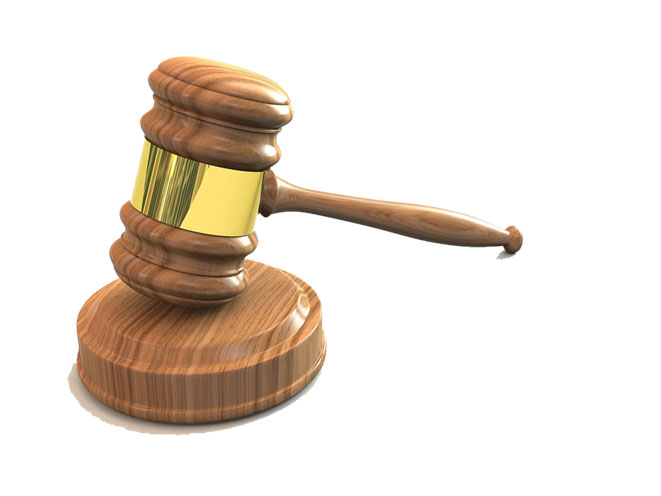
A plea or settlement also brings closure, an end to the enormous stress the accused and their families must endure. In Case Three one of the accused officers had to move his family out of town to a safe house for a while because of death threats that came from the incident.
It is helpful to have support. This is one reason I’m active with the Armed Citizens Legal Defense Network, or ACLDN (armed citizensnetwork.org). Having someone else pay the legal bills for you gives you more options. The defendant with the excellent outcome in Case Two was an ACLDN member, and the organization paid his legal fees.
Advertisement — Continue Reading Below
RELATED STORY: 3 Post-Court Myths Dispelled By Massad Ayoob
There may be other things that militate against fighting it out in court. I worked Case Five with famed Miami defense attorney Jeff Weiner. The defendant was an armed robbery victim who, when the perpetrator fled, grabbed his shotgun out of the back office and gave chase. The fleeing felon turned as he ran and aimed his stolen .38 at the defendant, who fired a single shot. When your 12 gauge is loaded with Magnum #1 buckshot shells, a single shot may be all you need. It was in this case: All 20 of the .30-caliber pellets struck home, and the gunman was killed outright. A famously anti-gun state’s attorney decided to make a case of manslaughter out of it, since the posture of the deceased aiming at the defendant behind him was such that all pellets entered behind lateral midline. The case was posited as “angry man chases down robber, shoots him in the back over mere money.”
We had the facts and were as certain of acquittal as could be—until the defendant’s doctor told Weiner that his client’s heart condition was so serious that the doc didn’t think he’d survive the stress of trial. Jeff worked a plea deal that included a withhold of adjudication, meaning that after a period of time staying out of trouble, it would be treated at law as if the case had never happened at all. The client remained alive and well, never served any time, and today has his guns and his carry permit back. That, I submit, was a happy ending.
RELATED STORY: 5 Cases Where The Attacker’s Violent Past Meant Zero During Trial
It grinds my teeth as much as it does yours to see an innocent, wrongfully accused man or woman plead guilty to anything, or have to pay anything. But this column is not about how you or I would like things to be—it is about how things are. The stark reality of the criminal and civil justice systems is that sometimes a plea bargain in the one or a settlement in the other is the best option for the defendant and his family.
